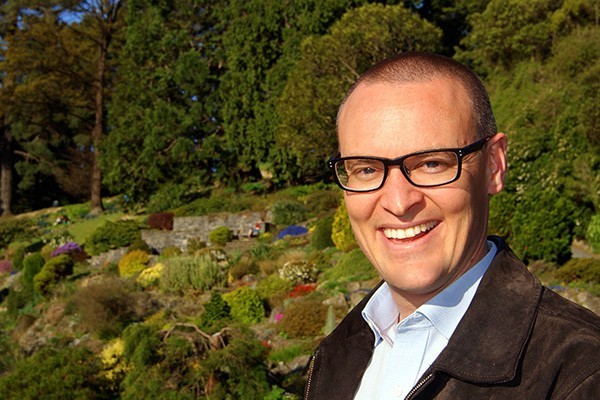Ifind it shocking that in Dunedin there are over 1000 young people who are not in employment, education or training. These are the people most likely to end up long-term unemployed.
There are lots of myths about the long-term unemployed. They are an easy target for criticism and beneficiary bashing. When the rhetoric is flying, it pays to remember that in 2007 New Zealand had about the lowest unemployment in the Western world.
Almost every New Zealander has held down a job at some time in their life. The spectre of intergenerational unemployment is real, but the numbers it affects are smaller than the ubiquitous sixty-point-Times-New-Roman newspaper headlines might suggest.
Unemployment is tough. Living off welfare payments isn’t glamorous. Nor is the social stigma that goes with it. Getting knocked back at successive job interviews can be demotivating and depressing. It is particularly bad if you’ve never succeeded in getting a job before. If the only work experience you have is rejection, it is hard to keep coming back each day for more of the same. Worse than being unemployed is being unemployed with little chance of that changing. It is far easier to keep hope alive when you’re upskilling. Education and training offer the promise of a better tomorrow, when you’re more qualified than today.
Plenty of people struggle financially, and the stress that goes with it is hard on relationships. In a civilised wealthy country like New Zealand, compassion and social justice suggest that everyone should be provided sufficient to live in dignity. An increasing body of evidence shows it is in a country’s economic interest to look after those out of work.
If a society looks after you when you’re out of work by providing adequate financial support and ensuring you have training opportunities, economists and other social scientists say it is more likely you will go on to career success. More equal societies tend to have high social mobility; you have a better chance of going on to do higher value work.
Social mobility means we can all be better off. This principle can guide those of us who go on to shape society. For the 1000 Dunedin young people not currently in education, training or employment, it is safe to say, social mobility will mean more to them than most.



